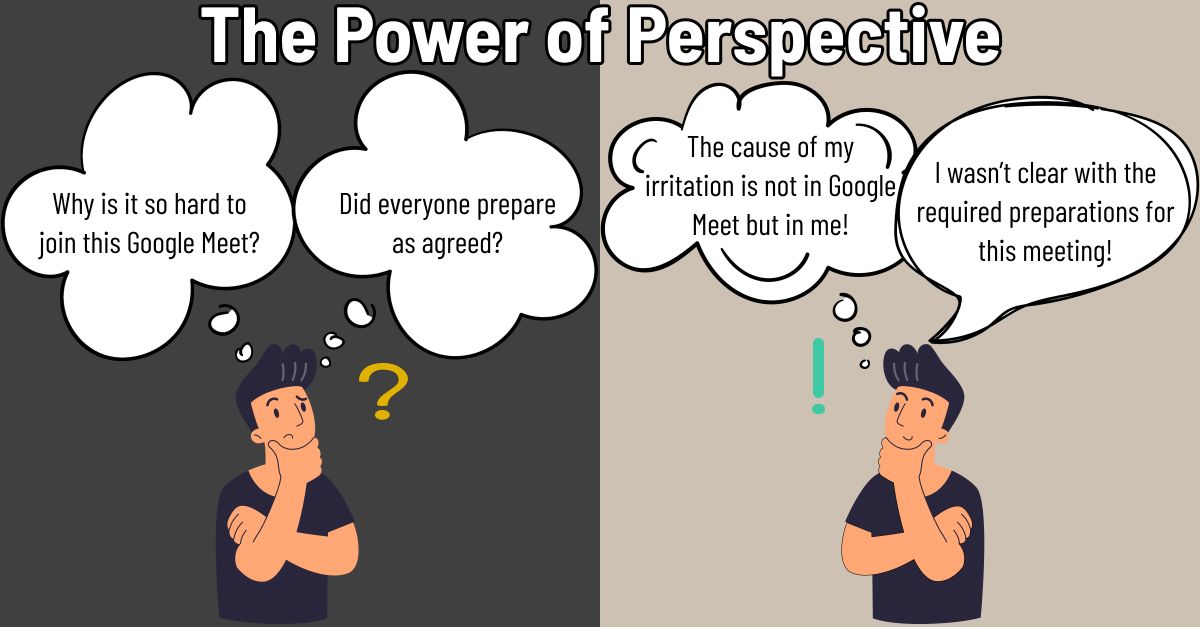Expectations

Cause of my negative feelings in one word: expectations.
- Expecting technology to always work
- Expecting close companions to easily understand me
- Expecting to get a quick reply to an urgent email
- Failing to manage the expectations of others
- Expecting to never stub my toe
- Expecting to never make dumb mistakes
- Etc.
While Stoic literature has a great collection of wisdom on banishing expectations, Anthony de Mello crystallized it best:
“The cause of my irritation is not in this person but in me.”
The fault wasn’t in whomever caused my frustration. I had too high expectations. I got frustrated because I lacked patience or compassion. I got annoyed because I saw my own flaws in their behaviour.
Whatever it is, the cause is in me. It must be. I could have behaved in another way, which would have resulted in a different outcome.
Like many of my posts, this is a note to myself. A reminder aiming to make me more calm, patient, and compassionate.
Thanks for reading! 💌 Subscribe now to get updates directly into your inbox.📫